By Beverly C. Paoyon
ALABEL, Sarangani (July 14, 2008) - Japanese and Korean investors are setting up a joint venture with a local firm to produce biofuel.
"It's a new business venture whose desire is to grow and process jatropha plant or locally known as 'tuba-tuba'," said Rey Cadorna, representative of SAFI Agro Industries, Inc..
Called Sarangani Bio Corporation (SBC), it is a joint venture corporation between SAFI Agro Industries, Inc. and "some Japanese and Korean investors," he said.
The foreign investors and SAFI (San Andres Fishing Industries, Inc.) executives presented the project to provincial officials Friday (July 11) at the Provincial Capitol.
SBC plans to acquire and grow 50,000 hectares of the biofuel crop jatropha, Cadorna disclosed.
He said SAFI has already prepared the pilot batch of jatropha seedlings a year ago for a 100-hectare land in Siguel, Maasim.
Sarangani Vice Governor Steve Chiongbian Solon said the province and its people would gain benefits from private sector investments like the jatropha project.
He told the Japanese and Korean investors of the local government's policy of inviting more from the private sector to come in and venture in Sarangani.
After the clearing activity this month and as soon as the manpower requirement is established, Cadorna said the project would then go full implementation.
This venture would create jobs because "manpower will be coming from the local residents," Cadorna said.
Cadorna pointed out other benefits the locality would enjoy include school buildings and infrastructure projects the investors are working out as development support thru Official Development Assistance.
Cadorna explained his firm's (SAFI) role "is to put in the land but the production and other costs would be shouldered by the investors."
Cadorna said Region 12 is seen to have 695,150 hectares suitable for growing jatropha but the joint venture would first concentrate with the 50,000-hectare target in Sarangani.
He said tuba-tuba "can thrive even in marginal soils and are easy to grow and manage."
Unlike coconut or sugar cane, jatropha is not used as food so its use as biofuel will not affect human food supply.
"A hectare can produce 3,000 liters of crude jatropha oil which can be refined into 2,400 liters of biodiesel," Cadorna said.
Cadorna said "surplus production of biodiesel can easily be exported at competitive price because many developed economies will be interested to shift to biodiesel since it burns cleaner and it comes from renewable sources."
However, the demand for higher replacement would then depend on the competitiveness of jatropha oil.
He said it is cheaper at present to produce biodiesel from jatropha than to import petroleum diesel.
Aside from the cleaner air, patronizing biodiesel will also mean productive use of marginal lands, more jobs and less imports.
"With biofuel," Cadorna said "the Philippines can be self sufficient in energy supply."
He then stressed it is the "right policy from the government that is pro-environment, pro-people and pro-energy sufficiency that the future of tuba-tuba can be very promising." (BCP/Sarangani Information Office)
Subscribe to:
Post Comments (Atom)




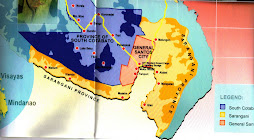

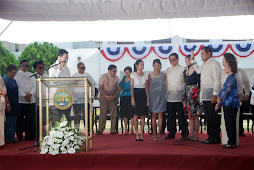
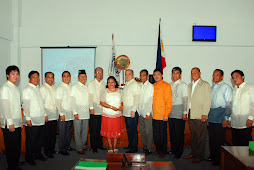

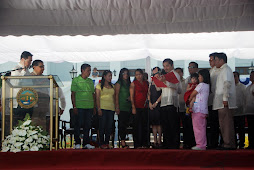
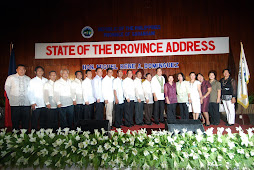
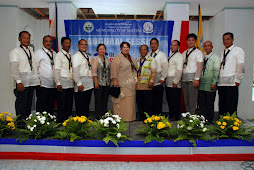




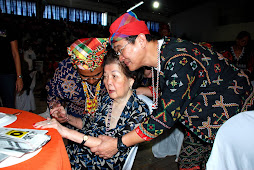


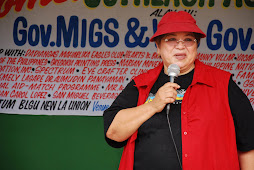

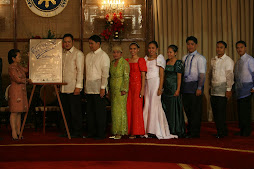
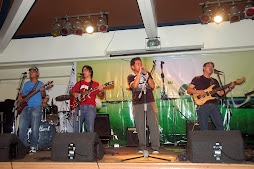


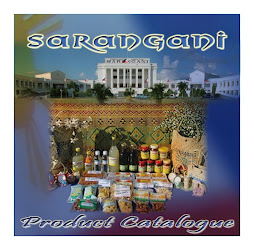

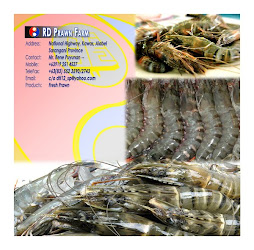
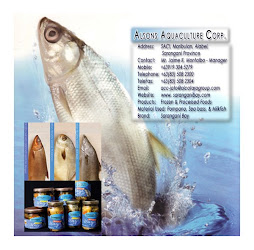
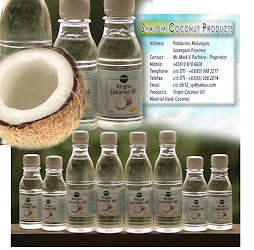

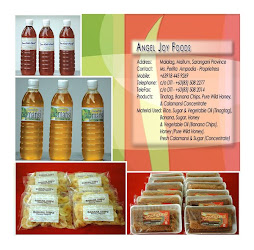
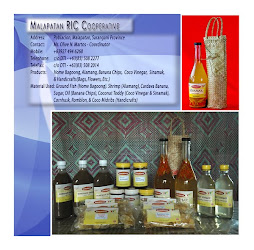

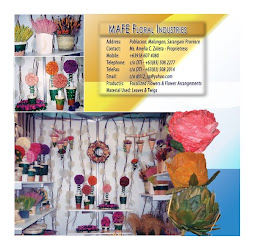
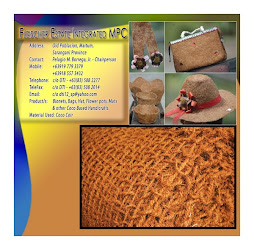

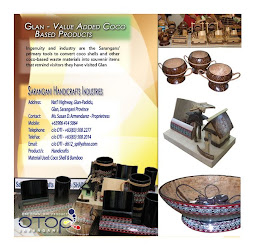
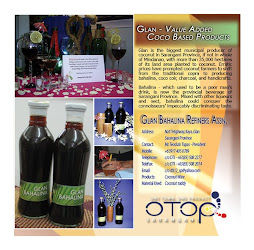
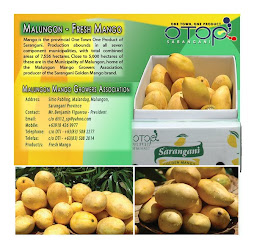
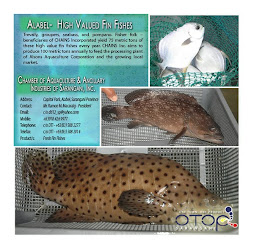


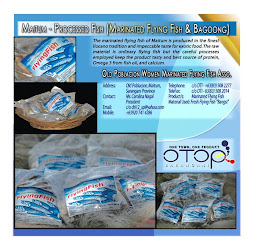
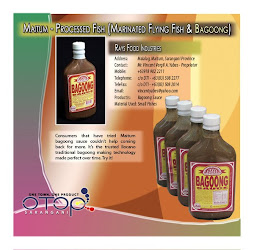
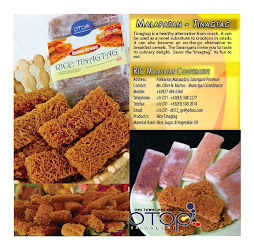
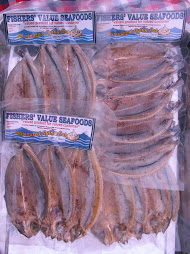
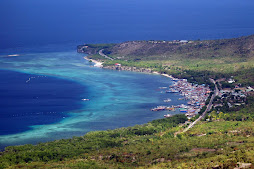
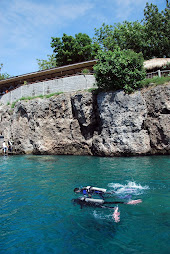
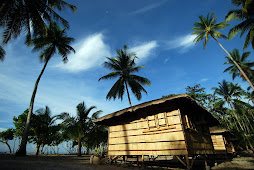


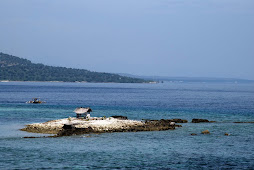
No comments:
Post a Comment